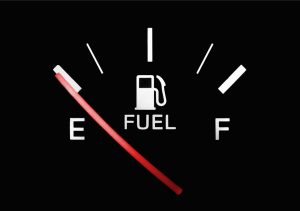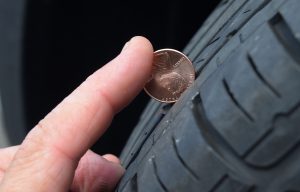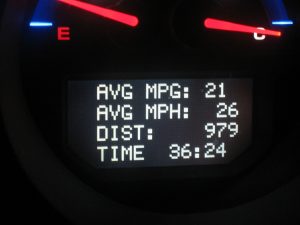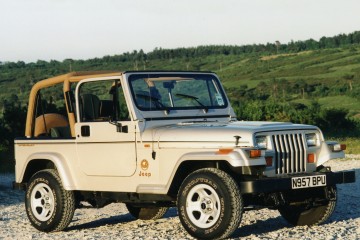Summer is one of the more expensive times to drive. As the best fuel economy companies switch over from cold weather blended gas to their warm weather formulas, gas prices generally go up. The summer-blend gasoline is more expensive to produce, and those costs are typically passed down to consumers. Knowing that, how can you get out to drive and not break the bank? Let’s look at some of ways to get the best fuel economy.
General Maintenance
Keeping your vehicle’s routine maintenance up to date will do wonders for its longevity, operating costs, and fuel economy. Your vehicle will last longer without unnecessary wear and tear, and you’ll be able to catch larger problems before they get too far out of hand.
Regular maintenance also improves fuel economy, as your vehicle’s engine and mechanical parts are able to operate as they are supposed to and won’t have to work harder just to reach cruising speeds.
Check your engine oil, transmission fluids, brake fluid, and coolant levels regularly. Follow the manufacturer’s recommended service intervals for things like tune ups, which may include an oil change, spark plugs, and tire rotations or alignment work.
Tires
There are two big things to keep in mind with your vehicle’s tires: tread wear and inflation.
Tires that are unevenly worn are a problem for several reasons. First, your vehicle is designed and tested to perform safely on evenly-worn tires. The tires, suspension components, brakes, steering, and vehicle computers are all calibrated to work together. When the tires are balding (like me) or uneven, they can cause major issues with how the other systems perform.
They also wreak havoc with your vehicle’s fuel economy by causing extra friction and vibration that makes engines and mechanical parts work harder to do their jobs. Your vehicle’s EPA-estimated fuel economy ratings are determined through testing that is done with new tires, so having one or more tires that need replacement will cut into your gas mileage. Have your tires checked or rotated during regular service visits like oil changes to keep things rolling smoothly.
Under- or over-inflated tires also cause problems with fuel economy. Just like with tire wear, your vehicle is designed to ride on tires that are inflated to a very specific pressure level. Extra rolling resistance from under-inflated tires or the harder surface of an over-inflated tire change the way the vehicle accelerates, rides, and stops. Check inside the front door sill on the driver’s side for a label that will list the suggested tire pressures.
Shed Some Weight
We all pack too many things for road trips (can’t be just me, right?), but for everyday driving your vehicle should be carrying just the necessities. If you’re like me and buy heavy things like kitty litter or topsoil for your garden, only to forget and have it slide around in the back of your car for a week because you’re too lazy to carry it inside, you may see a decrease in fuel economy from the extra weight.
Take a look in your vehicle’s trunk or cargo area and under the seats inside to find things that you don’t actually need to be hauling around. An emergency kit with blankets and bandages, as well as any extra fluids or maintenance items that your vehicle needs are useful things to have on hand, but most extras can be taken out. This is a great time to finally take those old clothes to Goodwill, and you may even see a few extra mpgs as a reward.
Ditch the Lead Foot
The single most important thing you can do to get the best fuel economy (other than buying a hybrid) is to keep a close eye on your driving habits. Accelerating off the line as quickly as possible and racing stoplight to stoplight is not only a great way to meet your local law enforcement officers, it also kills your fuel economy. A good rule of thumb is to try driving as smoothly as possible and avoid hard acceleration, driving at very high speeds, and tailgating to preserve fuel economy.
Even the thirstiest vehicles can achieve best fuel economy numbers if they’re driven carefully and are up to date on their maintenance. Not everyone has the money or the desire to own a hybrid or electric car, so paying attention to the details will save money on fuel and vehicle maintenance in the vehicle you already own.
(Article continues below)







